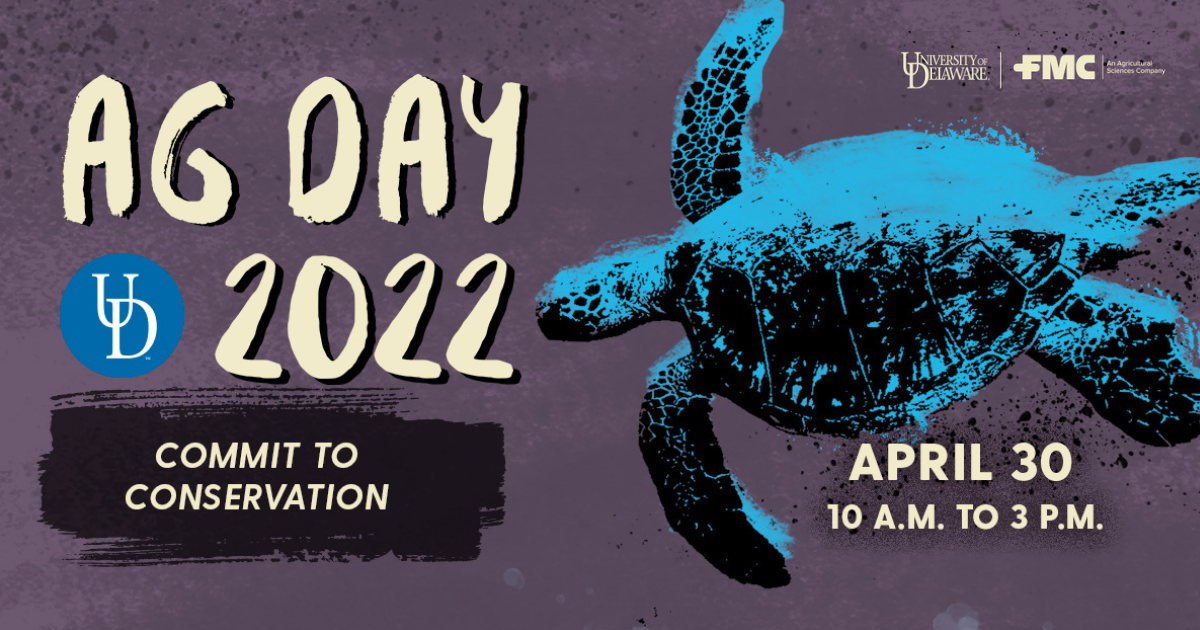
Category: Cooperative Extension

Celebrating Earth Day
April 20, 2022 Written by Corey Hester
Every year on April 22nd, the birth of an environmental movement originating in 1970 is celebrated!
Origins of Earth Day
In the time leading up to the first Earth Day, the people of The United States were focused on industry and driving inefficient vehicles. Air pollution was occurring, and the environment was an afterthought.
However, certain individuals were taking notice. A New York’s Times best seller book was written by Rachel Carson in 1962 called Silent Spring that brought light to environmental impact. After the Santa Barbara Oil Spill in 1969, Senator Gaylord Nelson organized a teach-in that would occur on college campuses. April 22nd was selected as the special day; it was a weekday between spring break and final exams.
This showing inspired 20 million Americans to act against the harm to the environment. Protests and rallies began popping up across the country. Republicans and Democrats alike began to take notice. Soon the Environmental Protection Agency would be created and many acts, to further protect the environment, would be drafted.
In 1990, Earth Day goes global. Over 200 million people around the world begin to help improve the environment. Now, Earth Day is recognized as the largest secular observance in the world!
Did you know?
- Pollution is one of the biggest global killers, affecting over 100 million people. That’s comparable to global diseases like malaria and HIV.
- In 1975, the National Academy of Sciences estimated that ocean-based sources, such as cargo ships and cruise liners had dumped 14 billion pounds of garbage into the ocean.
- Over 1 million seabirds and 100,000 sea mammals are killed by pollution every year.
(11 Facts About Pollution, n.d.)
How Can you Contribute?
There are many ways to advocate for Earth Day! Individuals could take civic action by pledging to support climate and environmental literacy and by creating an Earth Day window sign. Community action can be taken by getting rid of plastics and other non-biodegradable products from the environment. Also, a tree planting event could be considered. Lastly, individual impact can be taken by speaking up against pollution, using reusable bags at the grocery store, using reusable utensils for food/drink, and refusing to litter. Every day humans can make cumulative positive decisions in protecting our Earth!
4-H Litter Barrel Contest
To promote litter awareness and the work of the 4-H program, all clubs are encouraged to design and paint a litter barrel to place out in their community. Get your art supplies out and come up with a creative theme to promote litter awareness and 4-H! Litter Barrels are typically in place year-round so watch for a 4-H litter barrel as you travel throughout Delaware and put litter in its place.
What is Plogging?
Plogging is a combination of jogging with picking up litter. The word is derived from Sweden where it started being organized around 2016. In 2018, this activity started to move into other countries due to an increased concern about plastic pollution. Plogging helps clean up the planet and helps keep individuals physically fit!
4-H Plogging for a Purpose
Plogging for a Purpose: protecting the environment, promoting wellness, and preventing risky behaviors.
Want to help the environment while improving your physical wellness? Join Delaware 4-H in plogging, an activity that combines jogging and picking up litter. Throughout the year, we are hosting multiple plogging campaigns, where you can pick up litter while jogging/walking in their local neighborhoods and parks. This initiative raises awareness of recovery while improving environmental, physical, emotional, and social wellness for all.
We will host multiple campaigns such as Plogging for Purple (October), Plogging for Earth Day (April 18-April- April 23)
The goal of this initiative is to pick up as much trash as possible while you are out jogging (plogging) or hiking (pliking). After your event, weigh how much trash you or your group collect and how many steps you took/mileage covered/minutes you plogged. Participants will be responsible for proper disposal of the litter collected. Registration for this event will open in late March.

